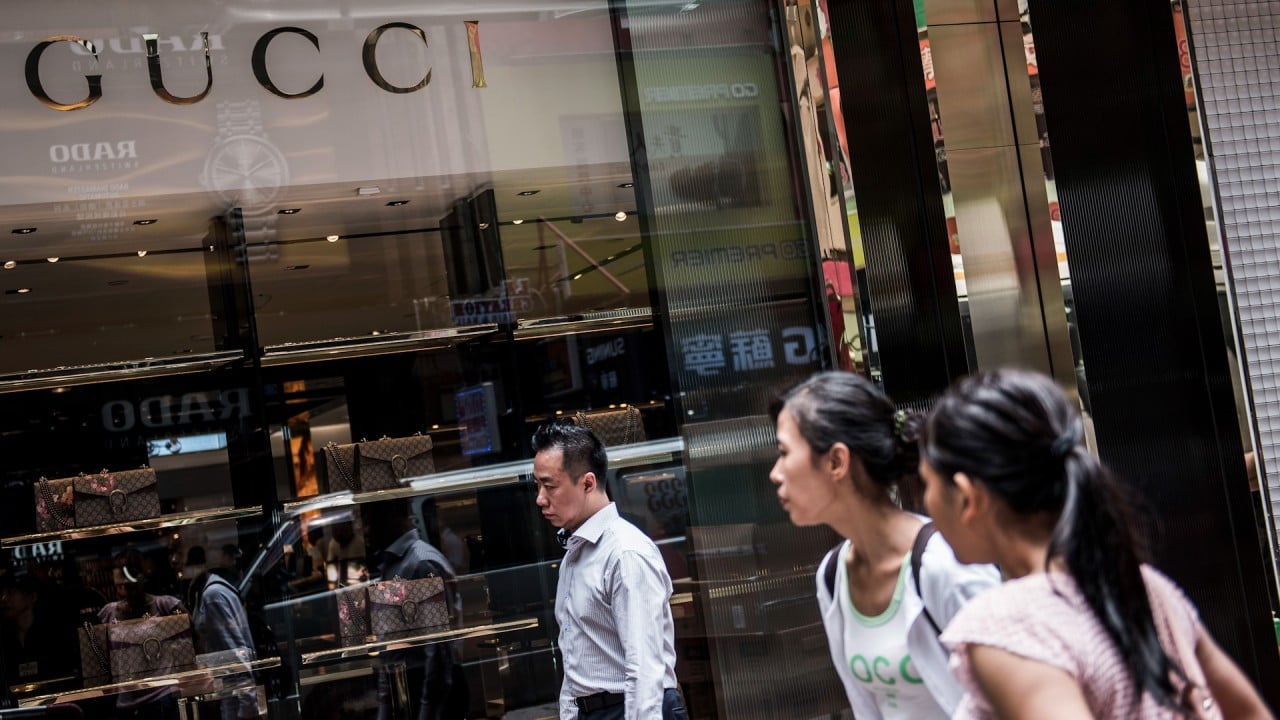‘Get used to tighter belts’: how China’s local governments and Communist Party bodies are embracing cost-cutting culture
- New rules are emerging around use of government vehicles, resource use, unauthorised office printing and bottled water in a push to showcase austerity
- Even officials in tea-producing Fujian province are being told to curb their customary tea time

They vowed to “get used to living a tight life” in every aspect in keeping with Beijing’s persistent call as the country’s economy falters.
The northwestern province of Shaanxi has mandated that new energy vehicles account for at least 40 per cent of newly procured and replaced official vehicles at the provincial level, excluding those for special purposes, according to the official Shaanxi Daily newspaper.
In Fujian province in southeastern China, “personal use of public resources” – such as using office supplies to print test papers and workbooks for the children of employees – should be “resolutely eliminated”, the Changting county education bureau said in a notice to all faculty and staff on Sunday.
“[We should] resolutely wipe out the prolonged practice of sitting around and brewing tea in the office,” it added. Fujian is one of the major tea-producing provinces of China and has a strong tea culture.
The government office administration of the city of Luan in nearby Anhui province pledged on Sunday to cut the overall number of indoor plants in office areas by one-third, estimating it would save more than 30,000 yuan (over US$4,000) a year.

